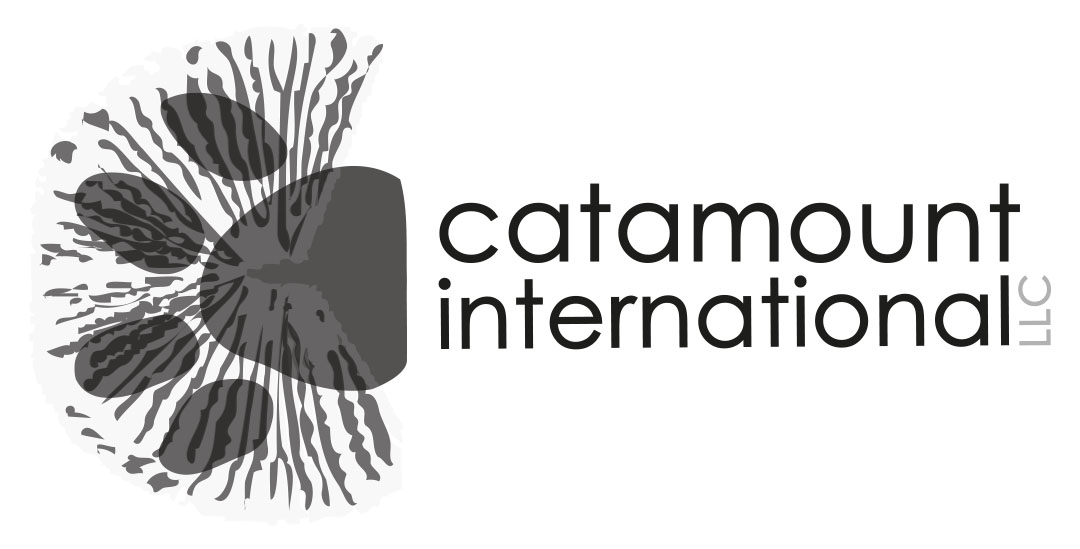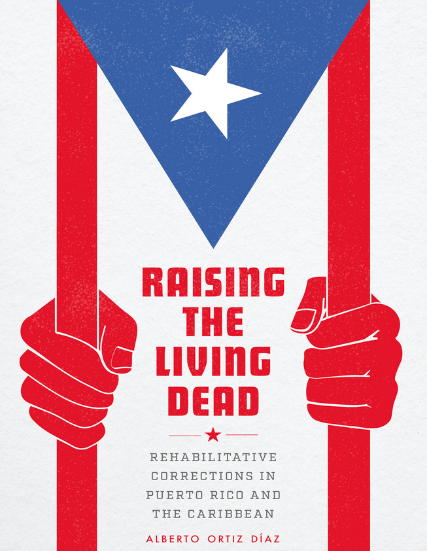Raising the Living Dead
Breve Descripción
El libro se basa en una investigación de archivo original y profunda de la penitenciaría Oso Blanco en Puerto Rico, pero sitúa su estudio dentro del archipiélago carcelario más amplio de Puerto Rico y otras prisiones del Caribe. Los agentes de esta historia incluyen no solo profesionales de la salud física, sino también psicólogos y psiquiatras, trabajadores sociales, practicantes espirituales y religiosos y, por supuesto, los presos y sus familias. Al seguir a todos estos grupos y enfatizar el ejercicio interpersonal del poder, Ortiz Díaz cuenta una historia que va más allá de los debates sobre el control estructural y social.
Breve descrição
O livro é baseado em pesquisa de arquivo original e aprofundada da penitenciária Oso Blanco em Porto Rico, mas situa seu estudo dentro do arquipélago prisional mais amplo de Porto Rico e outras prisões caribenhas. Os agentes desta história incluem não apenas profissionais de saúde física, mas também psicólogos e psiquiatras, assistentes sociais, praticantes espirituais e religiosos e, claro, os presos e suas famílias. Ao acompanhar todos esses grupos e enfatizar o exercício interpessoal do poder, Ortiz Díaz conta uma história que vai além dos debates sobre controle estrutural e social.
Full description
An eye-opening look at how incarcerated people, health professionals, and others behind and beyond bars came together to problem-solve incarceration.
Raising the Living Dead is a history of Puerto Rico’s carceral rehabilitation system that brings to life the interactions of incarcerated people, their wider social networks, and health care professionals. Alberto Ortiz Díaz describes the ways that multiple communities of care came together both inside and outside of prisons to imagine and enact solution-oriented cultures of rehabilitation from the 1930s to the 1960s. Scientific and humanistic approaches to well-being were deliberately fused to raise the “living dead,” an expression that reemerged in the modern Caribbean to refer to prisoners. These reform groups sought to raise incarcerated people physically, mentally, socially, spiritually, and civically.
The book is based on deep, original archival research into the Oso Blanco (White Bear) penitentiary in Puerto Rico, yet it situates its study within Puerto Rico’s broader carceral archipelago and other Caribbean prisons. The agents of this history include not only physical health professionals, but also psychologists and psychiatrists, social workers, spiritual and religious practitioners, and, of course, the prisoners and their families. By following all these groups and emphasizing the interpersonal exercise of power, Ortiz Díaz tells a story that goes beyond debates about structural and social control.
The book addresses key issues in the history of prisons and the histories of medicine and belief, including how prisoners’ different racial, class, and cultural identities shaped their incarceration and how professionals living in a colonial society dealt with the challenge of rehabilitating prisoners for citizenship.
Raising the Living Dead is not just about convicts, their immediate interlocutors, and their contexts, however, but about how together these open a window into the history of social uplift projects within the (neo)colonial societies of the Caribbean. There is no book like this in Caribbean historiography; few examine these themes in the larger literature on the history of prisons.
Medical
otras áreas de / interés...
other areas of / interest...
outras áreas de interesse...
¿Buscas un título en un área específica?
¿Buscas un título en un área específica?
¿Buscas un título en un área específica?














